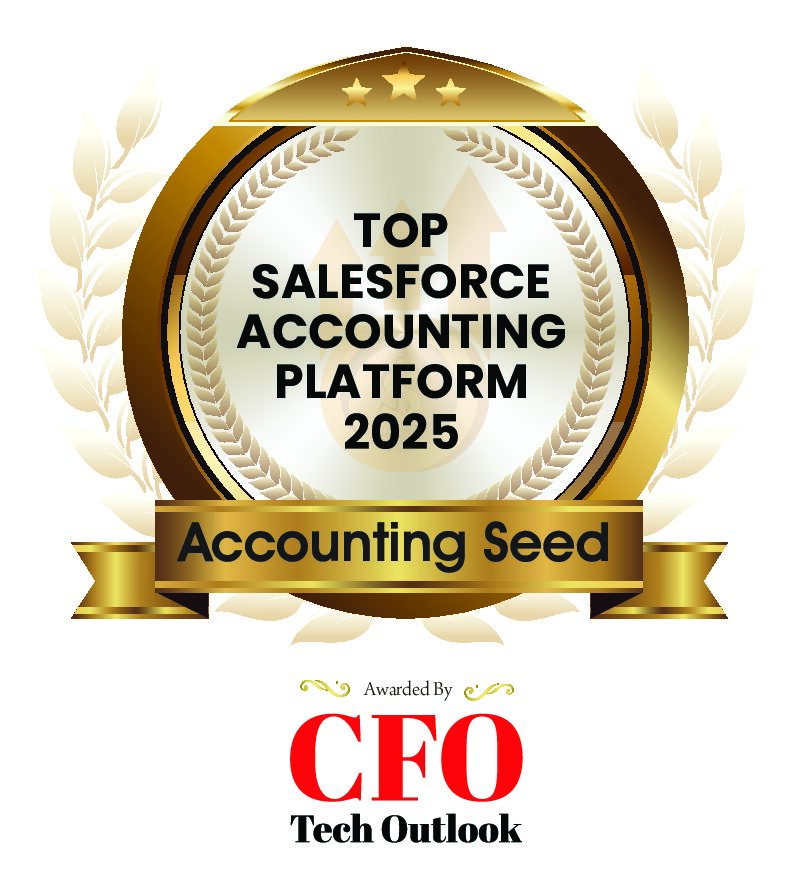
Salesforce has a lot of signature features that are shared throughout the platform and within native applications. When you’re running your business on Salesforce, these features provide seamless navigation and structure to your organization. If you’re using a native Salesforce application on its own without the full Salesforce Customer Relationship Management (CRM) platform, you still get access to many useful Salesforce features. Let’s look at these features and how they benefit you whether you’re on or off Salesforce.
Why Are Salesforce Features So Useful?
Whether purchasing an app to add to your compliment of Salesforce tools or you just want the app alone, it will contain common design elements from Salesforce. These inherent features make it easier for users to track activities and processes between applications on the platform. They also enable Salesforce administrators to create workflows and streamline activities.
For non-Salesforce users, Salesforce features still provide several advantages to the back office. These features help your team work more efficiently by streamlining key processes and communication. They also help teams visualize accounts, data, and activities. For example, Accounting Seed’s chatter allows for comments and questions on specific accounts to ensure details aren’t missing or correct issues.
What Are Some Essential Salesforce Features?
There are several Salesforce features shared among native applications. You’ll note that these core features share a common theme of flexibility; you have options to customize or configure app features as needed. These tools also enhance the level of collaboration possible within the application. All of these components work together to eliminate repetitive, confusing information to give you a single source of truth. Here are a few signature Salesforce features that native apps are equipped without the Salesforce connection:
-
Chatter
Create chat groups and leave messages to help your team understand what’s going on.
-
Attachments
This feature lets you attach outside files to chatter or other reports and modules to provide important materials needed for tasks or documentation.
-
Salesforce Email Functionality
All native apps are equipped with the functionality to send emails from anywhere within the system. These emails can also be tracked for recordkeeping.
-
Salesforce’s Open API
Salesforce has one of the most resilient and adaptable application programming interfaces (API)s in the industry. This enables native apps to function smoothly and communicate effectively with other apps on the platform. Even if you’re not using the Salesforce CRM, the application has inherited the foundational API. You can use the API to reliably connect a solution like Accounting Seed to outside software.
Example: Accounting Seed’s use of Salesforce API allows for a seamless connection with Stripe, which is not on the Salesforce platform. -
Workflow Rules
Workflow rules let you create and automate internal processes and procedural steps in orchestrating key functions in the application. The way they typically work is like this: when x happens, y is the result, onto the next event in your workflow sequence.
-
Tasks
Tasks lets you set up, assign, monitor, and complete events for you and your staff. These can be automatically sent to help you keep track of key deadlines or follow-ups. Email notifications are also sent to inform users of assigned tasks.
-
Approvals
You can automate steps or sequences of events that require an official signoff on a record to ensure accuracy.
-
User Permissions
Native applications are highly secure. Salesforce is even utilized by the government because of its robust security features. Salesforce-based user permissions let you clearly define what tasks users can perform, approve, and have access to view. You can also create unique permission sets for more complex processes.
-
Validation Rules
These validation rules establish standards for recording and handling data. These security measures also ensure that only select users to do a certain process in the system. Based on business logic, validation rules can be set to prevent processes being completed out of sequence or to prompt users to complete certain tasks before the next step.
-
Salesforce Reporting Tools (Management Reports)
Individual native applications like Accounting Seed come with several unique reporting tools, like our financial statements, but also feature non-financial Salesforce reports. These management reports let you filter a report that is unique to your individual requirements and from any data you desire to examine. This combo allows Accounting Seed to give you a 360-degree view of your entire organization’s data to measure performance.
-
Customizable Page Layouts
Native apps contain a very flexible design structure based on the Salesforce Platform®. Even as a stand-alone purchase, our solution lets you create custom objects and custom object layouts to optimize your data view and page layout however needed.
-
Custom Data Tables and Custom Fields
Instead of forcing you to conform to standards that don’t fit your needs, these Salesforce features allow you to capture and document all the data you need. These include setting milestones as custom objects and establishing custom fields to link to projects or other desired variables. If there isn’t a module that lets you track and examine certain information, you can simply create a data table and custom fields to track this information.
-
Import Tools
Incorporating mass amounts of information into your application is a breeze with Salesforce import tools. With the click of a button, any data captured outside of the system, like from a legacy system, is imported and sorted however you choose. These tools can also be used to mass update records. You can also use export features to export data from salesforce.
-
Dashboards
Salesforce-based dashboards help you visualize and group the data you need to make the best decisions for your business. These help teams pinpoint trends, determine the impact of specific activities, sort and analyze data quantities, and more.
-
Salesforce Community Portal Access
Any Salesforce-based application is equipped to let you create a portal to connect with customers and partners. Businesses can utilize several settings and permissions to protect information and manage stakeholder engagement.
-
Appexchange Access
Users can explore other Salesforce-based solutions via access to the Appexchange.
-
Field History Tracking
Select and track accounts, campaigns, orders, projects, and an unlimited range of standard and custom objects to monitor progress and maintain accurate data.
-
Mobile Accessibility
Entirely cloud-based, all native applications are accessible from any device, whenever and wherever you need them.
Revolutionize How You Use Technology, Use Salesforce Features!
The same features that make Salesforce so powerful and trusted, make native applications all the more advantageous. Besides getting specific functionality from a given app, you’ll be able to empower your staff for faster, more decisive work.
Whether your company uses Salesforce or you’re interested in Accounting Seed as a standalone product, the power of Salesforce is in your grasp! Request a free demo to see how these additional features will help make your financial management a breeze.
See Accounting Seed in action
Get a close-up view of how accounting on Salesforce can eliminate the need for costly integrations—and silos of mismatched information—by sharing the same database as your CRM.



